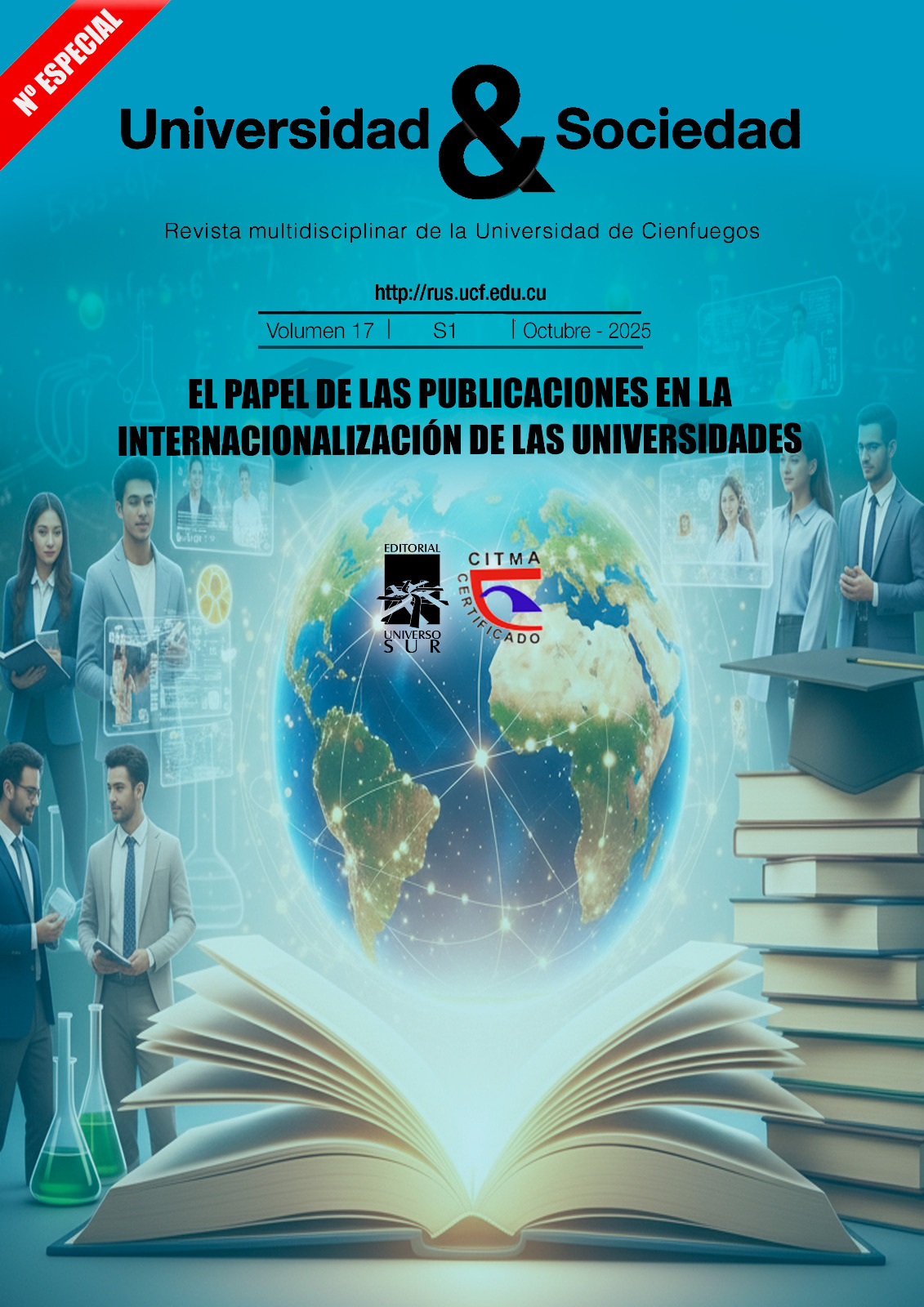Legal pluralism and access to justice for indigenous women victims of violence
Keywords:
Intersectionality, Intercultural justice, Comprehensive reparation, Gender-based violence, Indigenous normative systemsAbstract
This research analyzed gaps in the protection of the rights of indigenous women victims of violence in Ecuador, critically examining the interaction between the ordinary justice system and indigenous justice. The study employed a critical documentary analysis methodology, triangulating multiple primary sources. The results revealed significant discrepancies between the formal recognition of rights and their effective implementation. The study demonstrated that although the constitutional framework acknowledges legal pluralism and comprehensive reparation, the absence of operational intercultural protocols severely limits its practical application. Traditional cultural practices were identified as complete jurisprudential-therapeutic systems that integrate community, emotional, and spiritual dimensions absent in formal judicial processes. The findings underscore the necessity to develop intercultural procedural guidelines, strengthen data collection systems through an intersectional approach, and establish dialogue frameworks that recognize the reparative potential of indigenous cultural practices while maintaining effective protection of women's human rights.
Downloads
Published
How to Cite
Issue
Section
License
Copyright (c) 2025 Editorial "Universo Sur"

This work is licensed under a Creative Commons Attribution-NonCommercial-NoDerivatives 4.0 International License.
La editorial "Universo Sur", de la Universidad de Cienfuegos, publica el contenido de la Revista "Universidad y Sociedad" bajo una Licencia Creative Commons Atribución-NoComercial-SinDerivar 4.0 Internacional.
© Podrá reproducirse, de forma parcial o total, el contenido de esta publicación, siempre que se haga de forma literal y se mencione la fuente.










